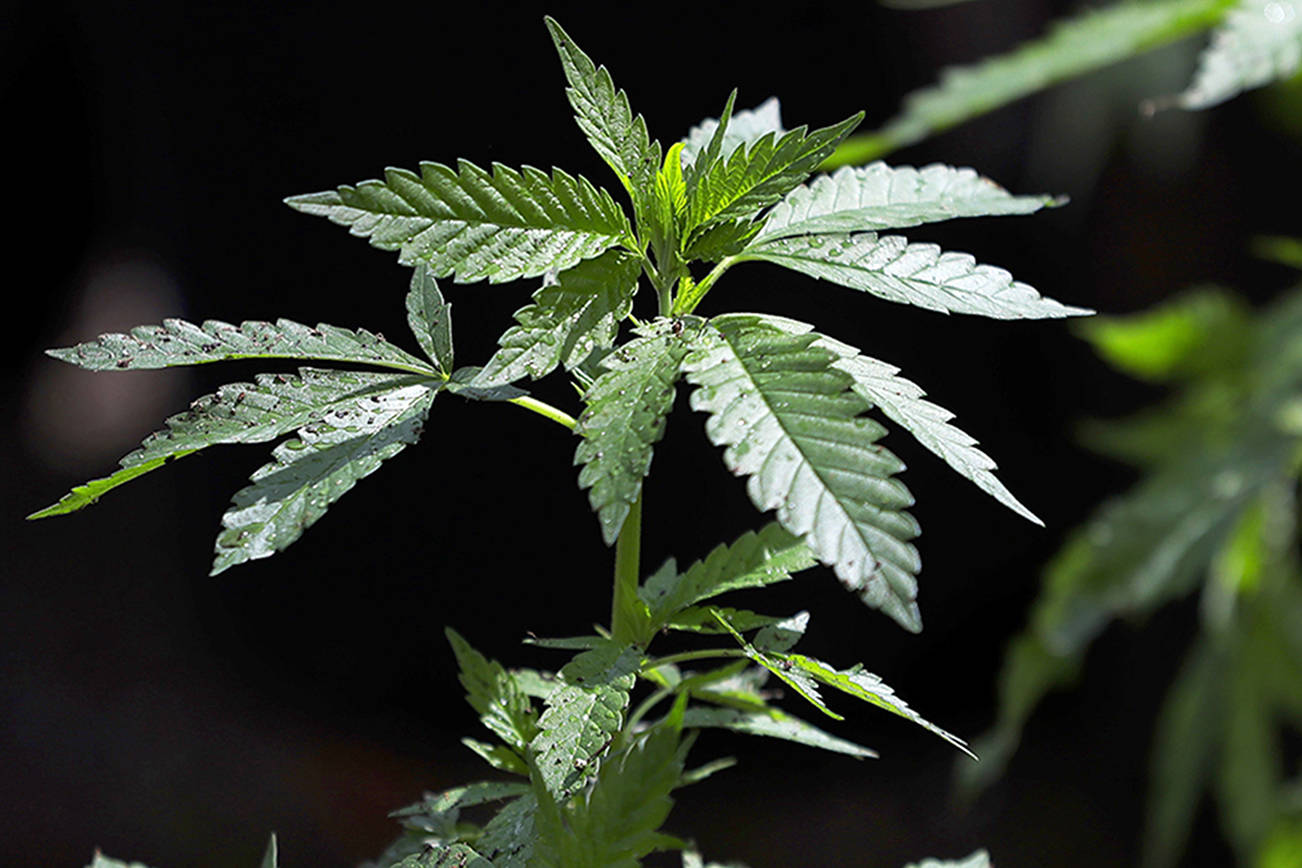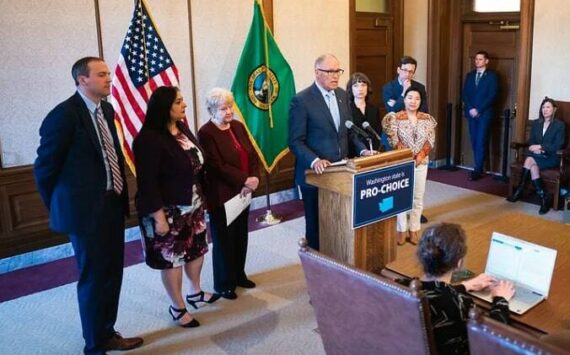OLYMPIA — A leading marijuana industry group wants to erase a legal barrier to out-of-state investments in existing businesses and create a new stream of funding for start-ups run by women and minorities.
The Washington CannaBusiness Association is looking to get rid of the rule that a person must live in Washington at least six months before they can obtain a license for or purchase equity in a marijuana growing, producing or retailing operation.
This would open the door to potential investors who are now pouring venture capital into recreational markets of other states, said Vicki Christophersen, executive director of the association which represents producers, processors and retailers.
“We’re seeing that our companies are left behind in access to capital,” she told reporters Monday. She couldn’t say how much might be secured by Washington business but said she anticipated “a significant amount” would flow into the state if the restriction is removed.
Removing the residency requirement is a piece of a broader legislative proposal the association hopes lawmakers will embrace in the 2020 session.
Another piece is the creation of a new state-managed revolving loan program, known as the Equity Fund, to assist women and minority license-holders in getting into the industry. The money would come from a new 1% transaction fee on capital investments greater than $500,000 into marijuana businesses.
The fee would expire Dec. 31, 2025, under the proposal.
As envisioned, this Equity Fund would provide low-interest loans for start-up costs and renovations, as well as innovations and upgrades. Money could go into creating new products that rely on new and expensive equipment to manufacture, according to association materials.
The state Department of Commerce would manage the fund. An advisory board would be established to help decide who receives loans and the terms and conditions for paying them back.
Washington became one of the first states in the nation to make it legal to grow and sell marijuana for recreational use with passage of Initiative 502 in 2012.
It’s grown swiftly into a billion-dollar retail industry, employing several thousand workers and generating hundreds of millions of dollars in taxes for state coffers each year.
Across the nation, 11 states now have legal industries — though only Alaska and Washington have residency requirements for ownership and investors, according to the cannabis business group.
Christophersen said “it’s only a matter of time” before the federal government embraces legalization. Getting rid of the residency rules will enable Washington companies to better compete in a global marketplace when that day arrives, she said.
Rep. Shelley Kloba, D-Kirkland, is a member of the House Commerce and Gaming Committee which oversees marijuana industry policy. She’s interested in learning details of the proposal but said the residency requirement is not the chief concern of growers, producers, and retailers with whom she’s spoken.
They’re talking about the state’s high excise tax, limit on the number of retailers and policies which contribute to an oversupply of product.
She said lawmakers should be cautious about messing with the requirement as it was “part of the package” presented to voters.
The original initiative required three months of residency and the Legislature later made it six months.
Assuring only Washington residents could own and invest in marijuana businesses gave voters a greater degree of comfort that any profits would stay in the state, she said. It also served as a deterrent to money from illegal enterprises finding its way into the industry, she said.
Christophersen said the proposal will be drafted in a bill and she anticipated getting Democratic and Republican lawmakers as sponsors.
The 2020 session begins Jan. 13.
Jerry Cornfield: 360-352-8623; jcornfield@herald net.com. Twitter: @dospueblos.








